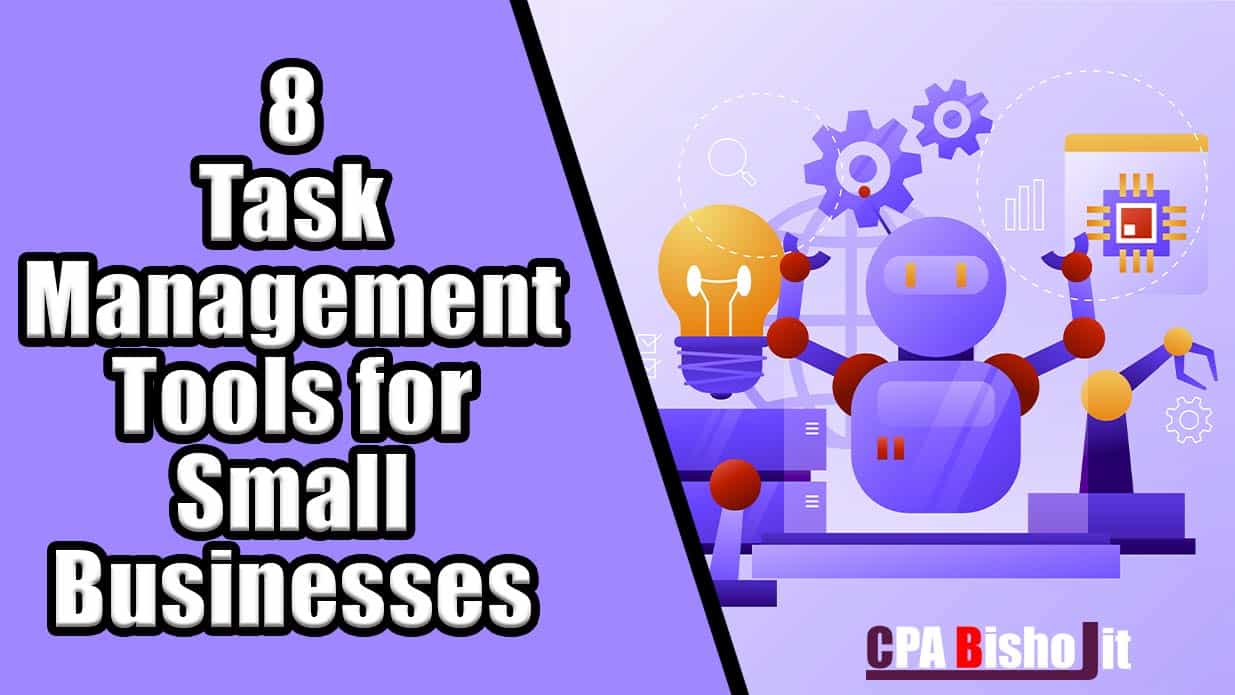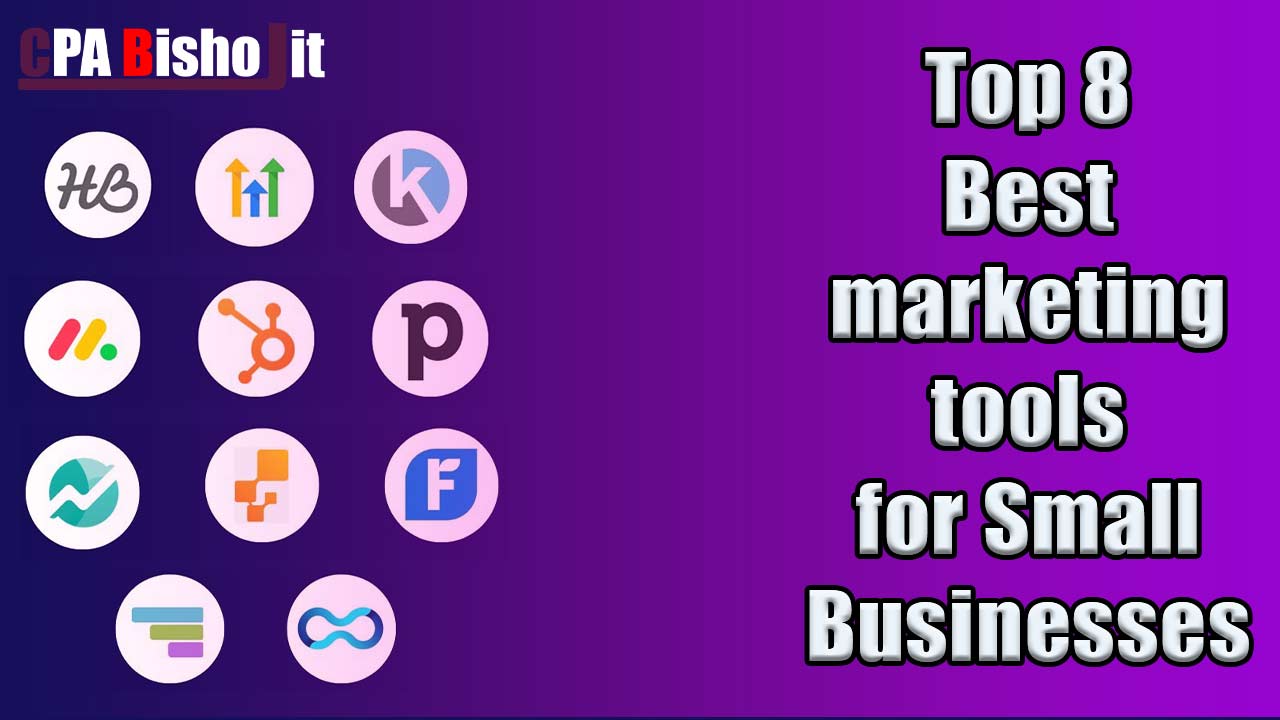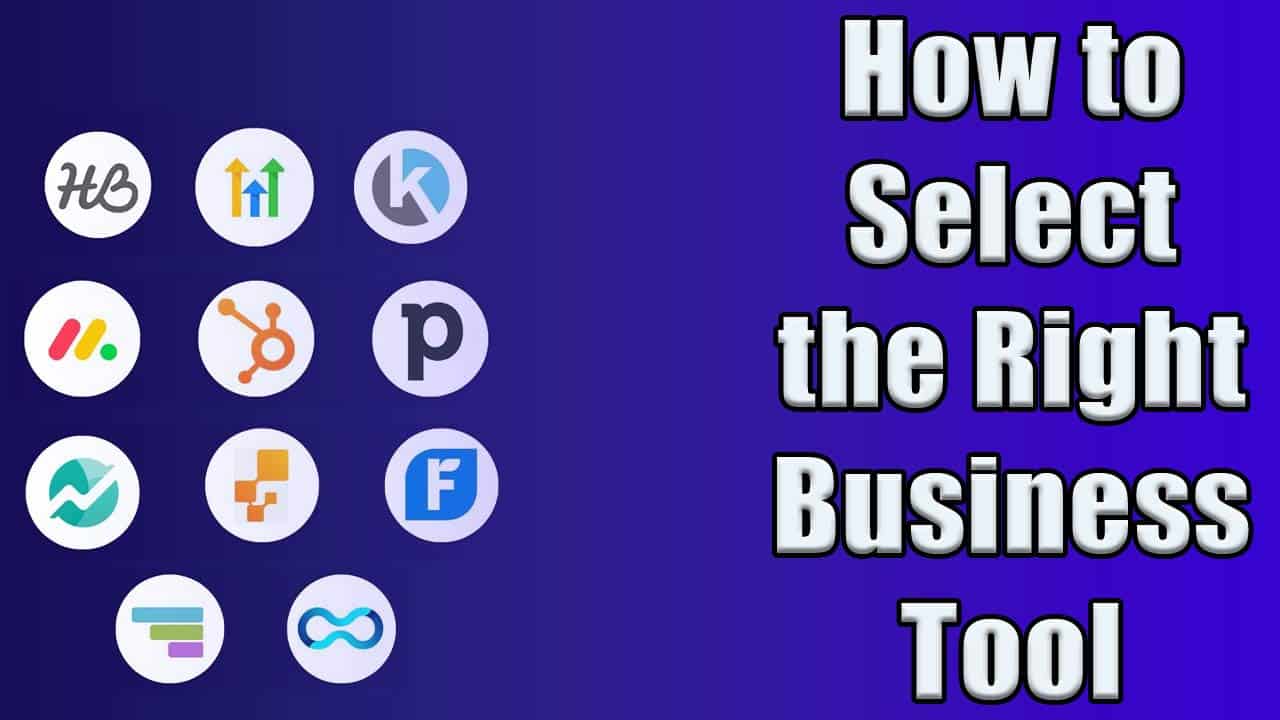Top 10 Best Essential Business Tools for Startups
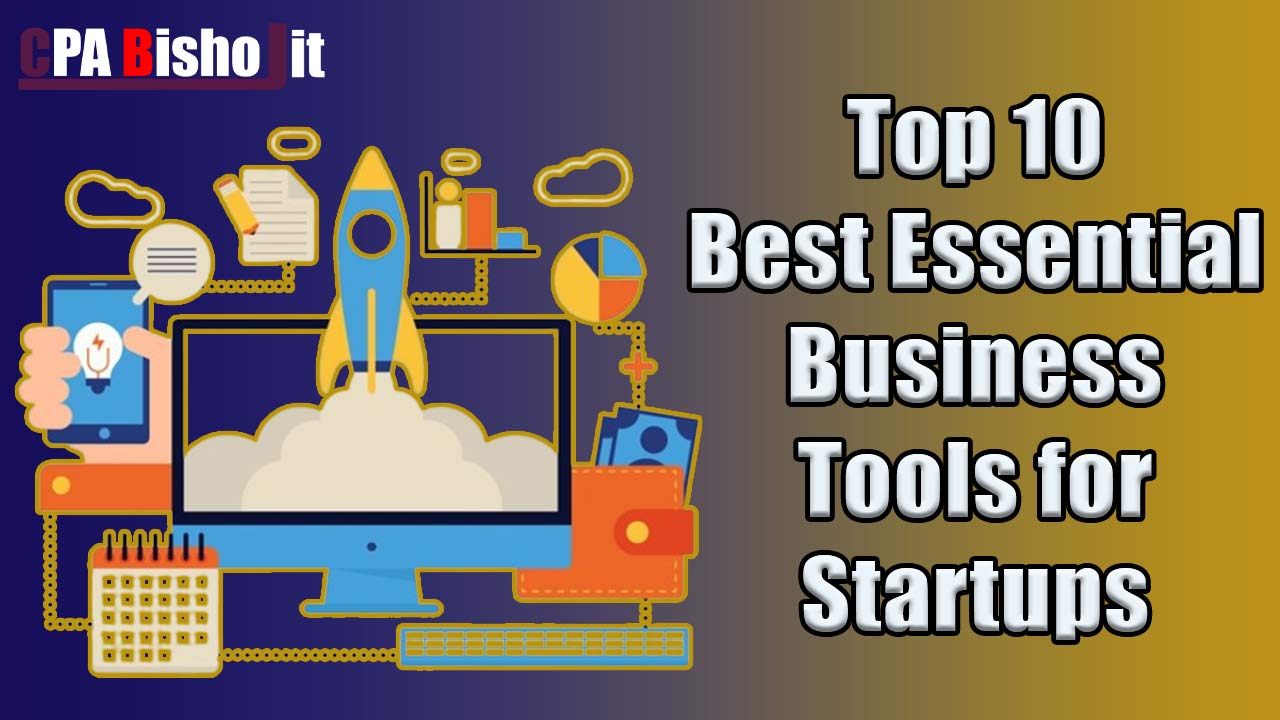
Did you know that 90% of startups fail? While that statistic might seem daunting, it doesn’t have to be your reality. Many factors contribute to a startup’s success, but having the right tools in your arsenal is crucial. The right software can streamline workflows, boost communication, and empower your team to work smarter, not harder.
In this guide, we’ll explore the top 10 essential business tools for startups in 2024, helping you navigate the exciting yet challenging world of entrepreneurship.

Standout features:
Canva empowers startups to create professional-quality graphics and marketing materials effortlessly.

Standout features:
Getresponse is a robust email marketing platform that stands out for its versatility and comprehensive features tailored for startups.
Why Your Startup Needs Essential Business Tools
In today’s time of startup ventures, having essential isn’t just advantageous—it’s crucial. These tools serve as the backbone of operational efficiency, allowing teams to collaborate seamlessly and manage tasks effectively.
From project management platforms that keep everyone aligned to CRM systems that nurture customer relationships, these tools empower startups to compete on a larger scale despite resource constraints.
Moreover, essential tools streamline workflows, saving valuable time and resources that can be redirected towards innovation and growth. They provide robust analytics and reporting capabilities, offering insights that drive informed decision-making and strategic planning. Whether it’s optimizing marketing efforts through email campaigns or simplifying payroll and HR processes, each tool plays a pivotal role in enhancing overall productivity and maintaining a competitive edge.
By integrating these tools early on, startups not only establish a solid foundation for growth but also demonstrate professionalism and reliability to stakeholders. Embracing these technologies isn’t just about staying current—it’s about positioning the business for long-term success in a rapidly evolving market.
Top 10 Best Essential Business Tools for Startups in 2024
Launching a startup is an exciting adventure, but it also comes with a hefty dose of responsibility. You’ll need to wear many hats – project manager, marketer, accountant, and the list goes on. Thankfully, you don’t have to go it alone.
| SN: | Tools Name: | For: |
|---|---|---|
| 1 | Asana | Project Management |
| 2 | Slack | Communication |
| 3 | Canva | Graphic Design |
| 4 | HubSpot | CRM |
| 5 | Getresponse | Email Marketing |
| 6 | Trello | Task Management |
| 7 | Zoom | Video Conferencing |
| 8 | Google Analytics | Analytics and Reporting |
| 9 | Gusto | HR and Payroll |
| 10 | Hootsuite | Social Media Management |
1. Asana
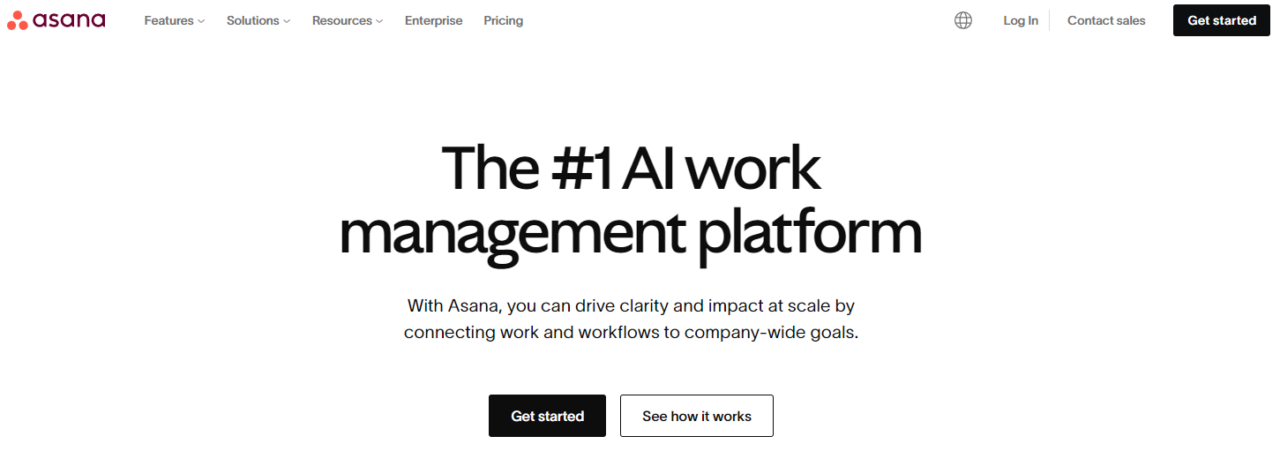
Asana excels in simplifying project management with its intuitive interface and robust features. It allows teams to create tasks, assign responsibilities, set deadlines, and track progress—all within a unified platform. With customizable workflows and integration capabilities, Asana ensures seamless coordination and efficiency across projects.
Key features:
- Real-time reporting to get in-depth work insights
- Automate recurring tasks to save time
- 100+ third-party integrations to create a centralized space
- Extraordinary admin control
- Workflow builder and tracker
Pricing
If your team is 15 people or fewer, you can use this option at no cost. For larger businesses, the expenses ramp up significantly: $10.99 monthly per user for Premium and $24.99 monthly per user for Business.
2. Slack

Slack revolutionizes team communication by offering real-time messaging, file sharing, and collaboration channels. Its searchable archive and integration with other tools make it a cornerstone for enhancing team connectivity and productivity, whether teams are remote or in-office.
Key features:
- Real-time collaboration and sharing with team members.
- Thread conversations to keep everyone in the loop.
- Encrypted data ensure data protection.
Pricing
With the limited features to offer in its free plan, it Pro and Business+ plan start at the cost of USD 6.67/month to USD 12.30/month respectively.
3. Canva
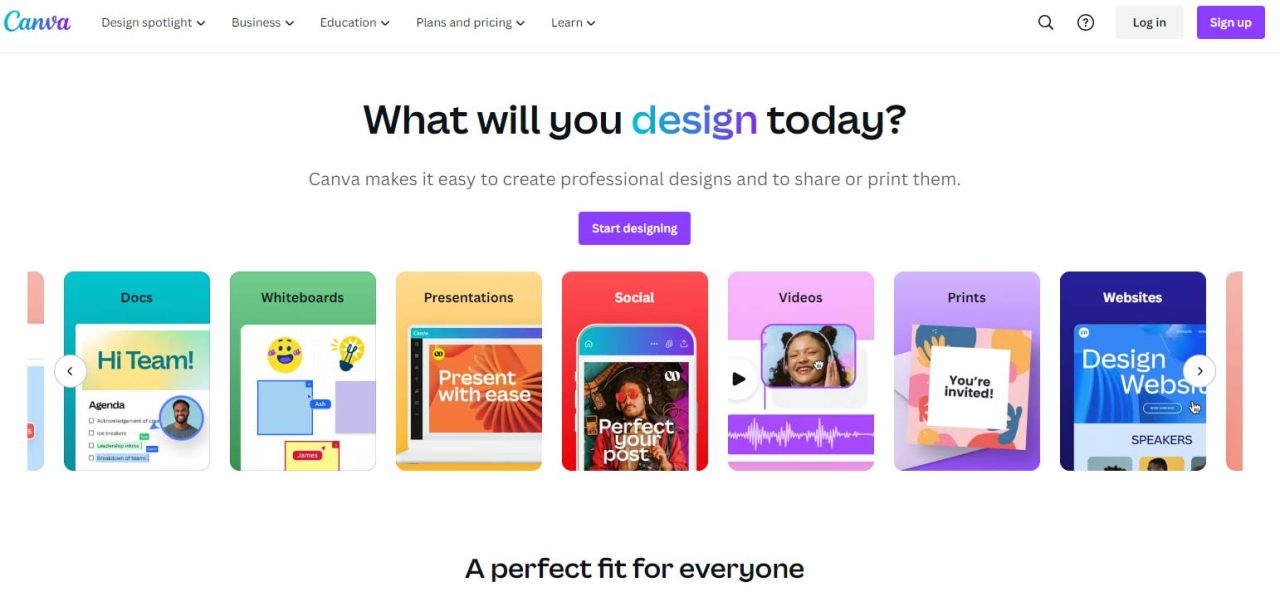
Canva empowers startups to create professional-quality graphics and marketing materials effortlessly. With its user-friendly interface and extensive library of templates, Canva enables even non-designers to produce engaging visuals for social media, presentations, and branding.
Key features:
- Designer-made templates for making graphs and charts.
- Free video editor feature to personalize your content.
- The visual suite includes all the tools to make an impact.
Pricing
You can enjoy many benefits of Canva without paying anything. Yet, opting for Canva Pro at $12.99 per month or Canva for Teams at $14.99 per month unlocks premium features like audio, videos, and enhanced graphics.
4. HubSpot
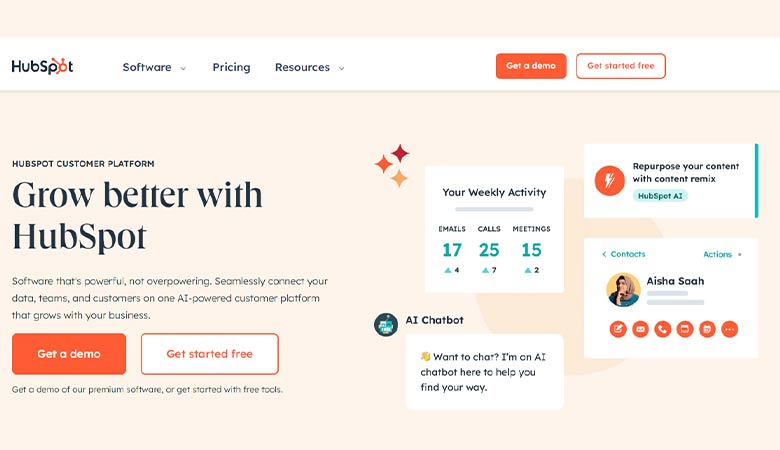
HubSpot’s CRM platform helps startups manage customer relationships effectively. It provides tools for lead tracking, email marketing, and sales pipeline management, all aimed at nurturing leads and converting them into loyal customers. HubSpot’s analytics also offer valuable insights into customer behavior and marketing campaign effectiveness.
Key features:
- Live chat is available to connect with visitors.
- Drag and drop communicator to customize a website.
- Meeting scheduler to set meetings and appointments.
Pricing
HubSpot’s free CRM provides an excellent introduction to its platform’s advantages. However, their Starter and Professional plans range from $18 per month to a hefty $800 per month, with the latter being quite pricey.
5. Getresponse
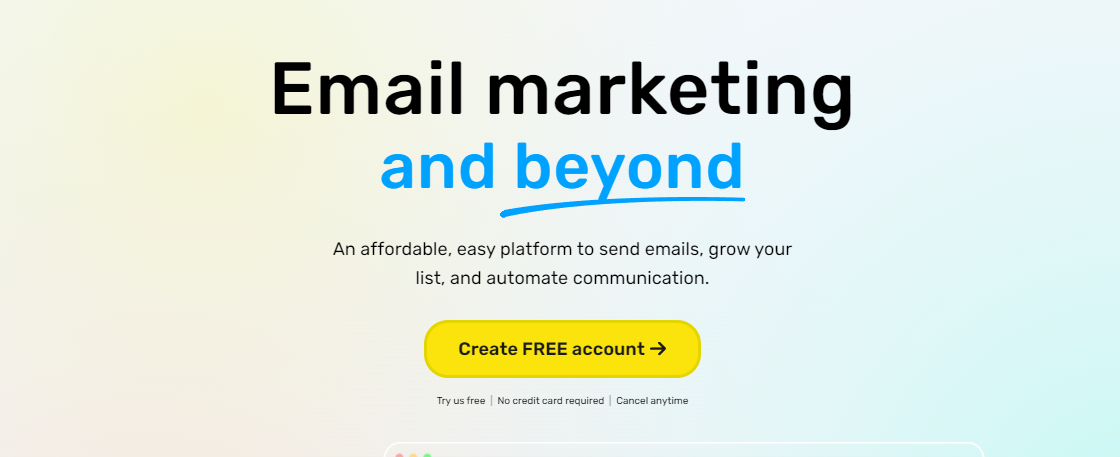
Getresponse is a robust email marketing platform that stands out for its versatility and comprehensive features tailored for startups. Whether you’re aiming to build a subscriber list, automate email campaigns, or analyze performance metrics, Getresponse offers tools that simplify these processes.
Its drag-and-drop editor allows for easy creation of visually appealing emails without requiring extensive technical skills. Moreover, Getresponse provides advanced segmentation capabilities, A/B testing, and integration options with e-commerce platforms, making it a valuable asset for startups looking to optimize their email marketing efforts.
Pricing
Getresponse Free: this free plan lets you use a cut-down version of Getresponse indefinitely, so long as your list remains under 500 records in size.
Email Marketing: this starts at $19 per month and lets you send an unlimited number of emails to up to 1,000 subscribers.
Marketing Automation: starts at $59 per month for up to 1,000 subscribers.
Ecommerce Marketing: starts at $119 per month for up to 1,000 subscribers.
Max: starts at $1,099 per month.
6. Trello
Trello’s visual approach to task management makes it ideal for startups seeking clarity and organization in their workflows. Using boards, lists, and cards, teams can prioritize tasks, collaborate on projects, and monitor progress in real-time, fostering transparency and accountability.
Key features:
- Categorized Trello templates to collaborate in no time.
- Visually appealing boards to see the project progress.
- Multiple app integrations with Trello to power up the game.
Pricing
Using Trello’s free plan for personal projects is highly recommended. However, for access to 1000 Workspace commands and additional features, the advanced pricing plans are more advantageous.
7. Zoom

Zoom has become synonymous with virtual meetings and webinars, offering high-quality video and audio capabilities. Startups rely on Zoom for conducting remote interviews, client meetings, and team collaborations, fostering seamless communication regardless of geographic locations.
Key features:
- Zoom mail and calendar to schedule meetings.
- Online whiteboard and screen sharing are possible during meetings.
- Team chat in between the meeting session.
Pricing
With up to 40 minutes of meeting in its free trial, Zoom’s Pro plan costs $14.99 uses/month.
8. Google Analytics

Google Analytics is indispensable for startups aiming to understand website traffic, user behavior, and marketing campaign effectiveness. Its comprehensive reports and real-time data empower startups to make data-driven decisions, optimize user experiences, and maximize online presence.
Key features:
- Conversion tracking to improve user experience.
- Supports both data management and user experience analytics.
- Seamless integrations with multiple Google services.
Pricing
Totally free for up to 5 million impressions per month.
9. Gusto

Gusto simplifies HR and payroll processes for startups, handling everything from employee onboarding to tax filings. With automated payroll, benefits administration, and compliance management, Gusto allows startups to focus on nurturing their team and business growth without administrative burdens.
Key features:
- Hiring and managing talent to support the Human resource department.
- Running payroll, generating reports, annual fillings, and more is easy to stay on track.
- Cloud-based platform to provide detailed reporting.
Pricing
Gusto provides three options: Simple at $40 per month, Plus at $80 per month, and Premium with exclusive pricing. Unfortunately, there’s no free plan available.
10. Hootsuite
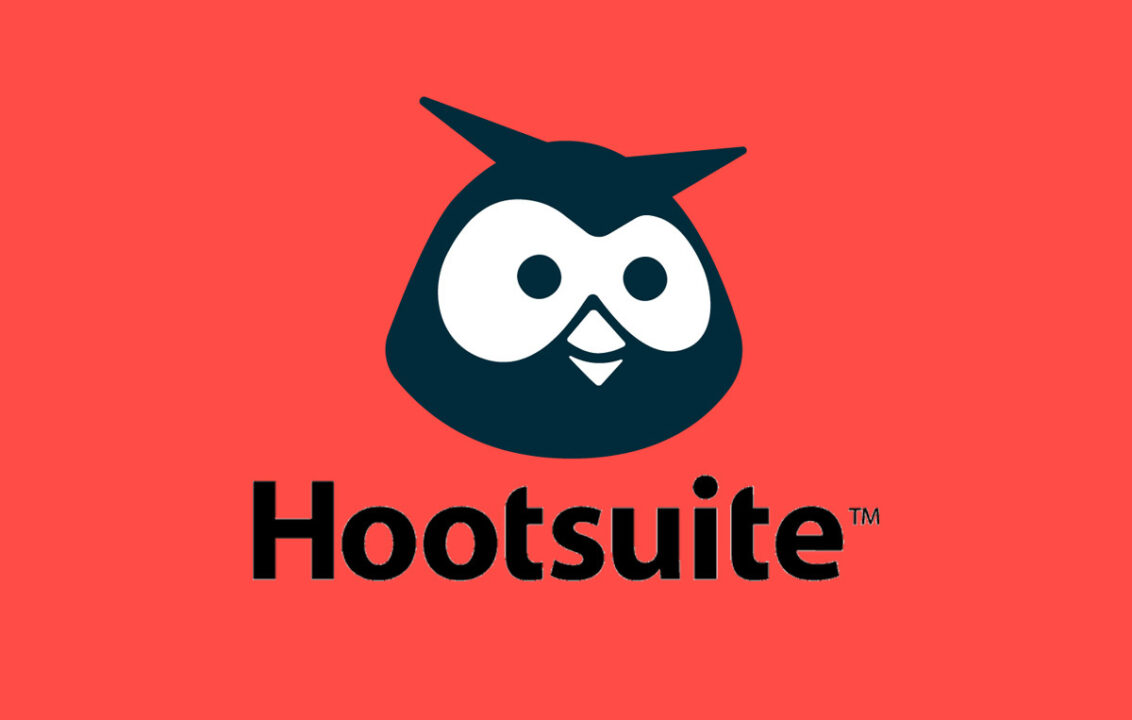
Hootsuite enables startups to manage multiple social media accounts from a single dashboard. It offers scheduling, monitoring, and analytics tools that streamline content management, engagement tracking, and audience interaction across platforms like Facebook, Instagram, and Twitter.
Key features:
- Analyze user and competitor behavior to stay on top of everything.
- Content advertisement to target the ideal audience.
- All social media customer engagement is in one platform.
Pricing
Hootsuite offers four pricing plans: one free plan and three paid tiers—Professional, Team, and Business. The free plan limits you to 30 posts per month, while the paid plans allow unlimited post-scheduling. The costs for the paid plans are $129 per month for Professional, $299 per month for Team, and $599 per month for Business.
How to Implement and Integrate These Tools in Your Startup
Implementing essential business tools effectively can significantly enhance your startup’s efficiency and productivity.
1. Assess Your Needs
Begin by identifying the specific challenges and areas where your startup requires improvement. Whether it’s project management, customer support, or marketing, understanding your needs will guide you in selecting the right tools.
2. Research and Select Tools
Research each tool thoroughly to ensure it aligns with your startup’s goals and budget. Look for user reviews, compare features, and consider free trials to test usability before committing.
3. Plan for Integration
Create a detailed integration plan that outlines how each tool will be implemented across your startup. Assign responsibilities to team members, establish timelines, and set clear objectives to track progress.
4. Provide Training and Support
Conduct training sessions to familiarize your team with the new tools. Offer ongoing support and resources to address any challenges or questions that arise during the implementation process.
5. Monitor and Evaluate Performance
Continuously monitor the performance of each tool to gauge its effectiveness. Track key metrics such as productivity gains, customer satisfaction levels, and ROI to determine if adjustments are needed.
6. Optimize and Scale
As your startup grows, optimize workflows and scale your tool usage accordingly. Stay updated with new features and integrations offered by the tools to maximize their benefits for your business.
Conclusion
Launching a startup is an exhilarating journey, but it also requires a strategic approach. Equipping yourself with the right tools is essential for keeping your team organized, collaborating effectively, and making data-driven decisions.
This guide explored the top 10 essential business tools for startups in 2024, covering project management, communication, design, customer relationship management, email marketing, and more. Remember, these tools are just the beginning. By implementing them strategically, integrating them seamlessly, and adapting to your evolving needs, you can empower your startup to thrive in the competitive business landscape.
So, don’t be afraid to embrace technology! With the right tools in your arsenal, you’ll be well on your way to turning your brilliant idea into a thriving business reality.









